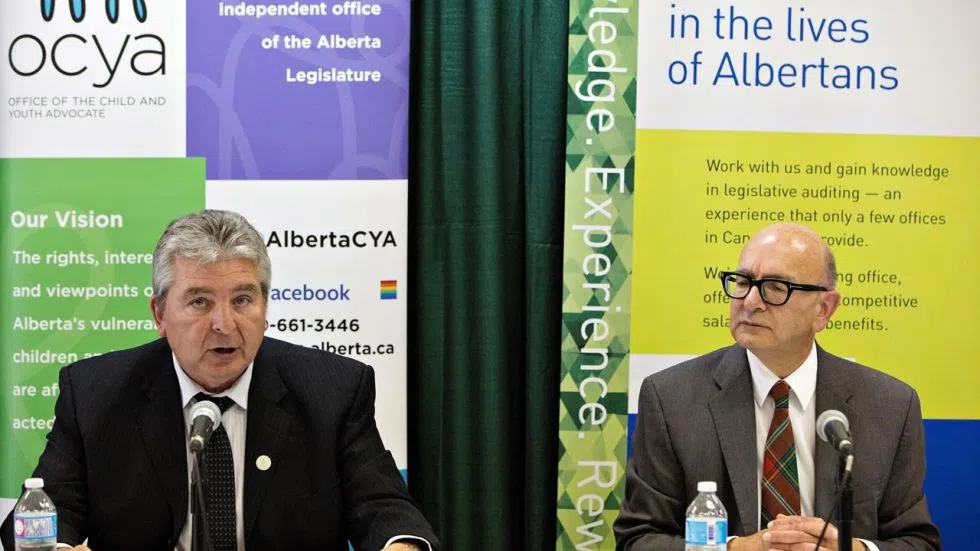
Alberta child advocate urges change, cultural rethink on indigenous kids in care
EDMONTON – Alberta’s child advocate says seven out of every 10 youngsters in the province’s welfare system are aboriginal and big changes are needed to bring those numbers down.
“Things are clearly not working,” Del Graff said in a report Tuesday.
“Aboriginal families are struggling when they face challenges related to the safety and well-being of their children. And the child-welfare system in place to help them is not doing it very well.”
As of December, there were 6,880 children in care and 4,719 of those were aboriginal, Metis or Inuit.


